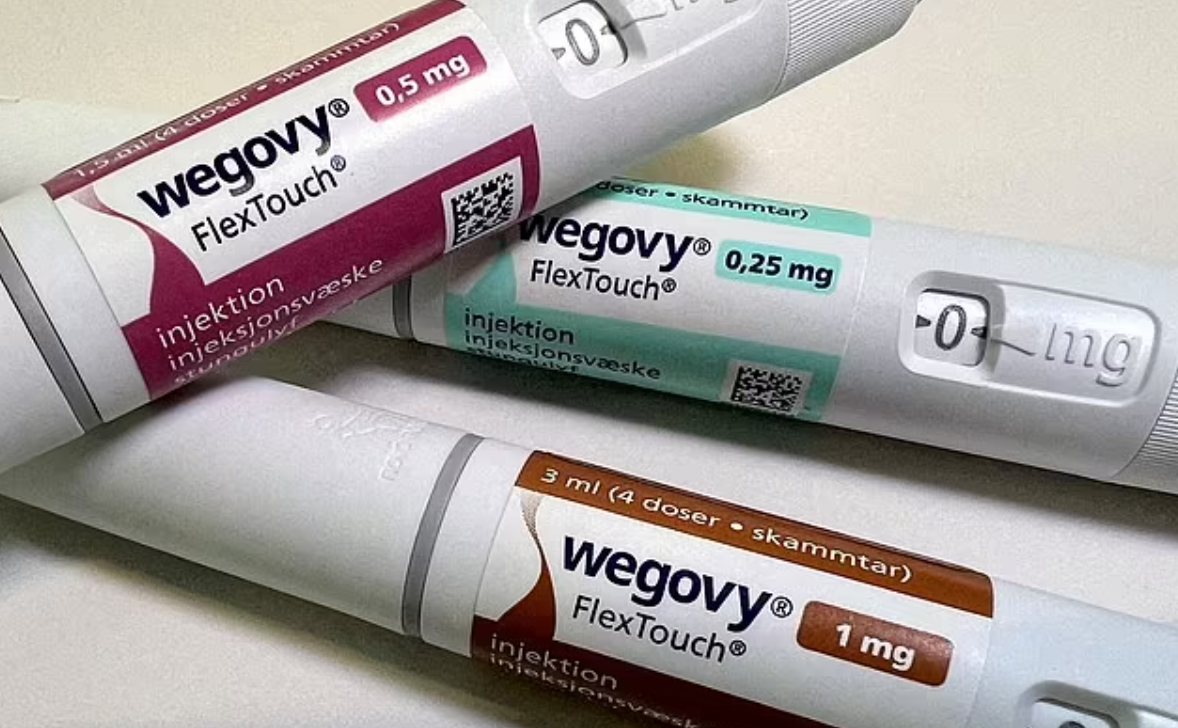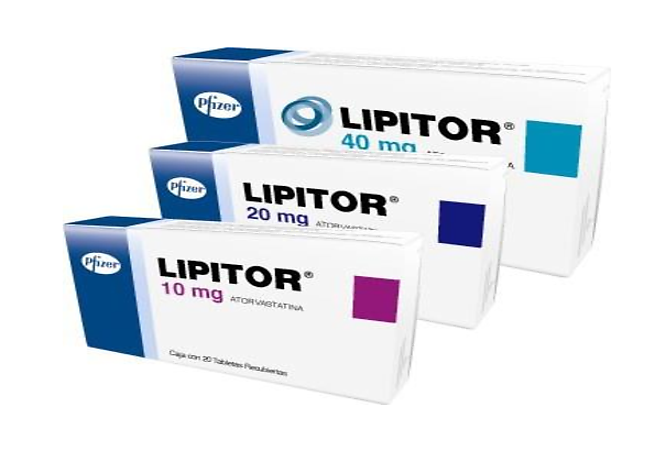July 26, 2024 — A new study published in the journal Nature Medicine suggests that being vaccinated against shingles may also help delay the onset of dementia. This unexpected benefit builds on previous research indicating a potential link between the shingles jab and a reduced risk of dementia.
Study Overview and Findings
Researchers from the University of Oxford conducted a comparative analysis involving approximately 100,000 individuals in the United States who had received either the older Zostavax vaccine or the newer Shingrix vaccine. The study found that, on average, those who received Shingrix experienced an extra 164 days free from a dementia diagnosis over a six-year period compared to those who received Zostavax.
Key findings from the study include:
- 17% More Time Without Dementia: On average, individuals vaccinated with Shingrix had 17% more time free from a dementia diagnosis over the six-year period compared to those who received Zostavax.
- Greater Benefits for Women: The delay in dementia onset was more pronounced among women.
Public Health Implications
Study author Professor Paul Harrison emphasized the significance of the findings, stating, “Even if it is a delay of 164 days, for example, on the public health level, that would not be a trivial finding. It is a big enough effect that if [the link is proved] it feels meaningful to us.”
Dr. Sheona Scales from Alzheimer’s Research UK highlighted the importance of the research in identifying new ways to reduce dementia risk. “This research, carried out in a large group of people, suggests that people given the Shingrix shingles vaccine might have a reduced risk of dementia. But it isn’t clear how the vaccine might be reducing risk, nor whether the vaccine causes a reduction in dementia risk directly, or whether there’s another factor at play.”
Potential Mechanisms and Further Research
The exact mechanisms behind the potential link between the shingles vaccine and delayed dementia onset remain unclear. Professor Harrison suggested several possibilities:
- Herpes Virus Hypothesis: One theory is that herpes viruses, including the Herpes zoster virus that causes shingles, may contribute to dementia. A vaccine that prevents the reactivation of the virus might delay the processes leading to dementia.
- Vaccine Ingredients: Another possibility is that ingredients in the vaccine designed to stimulate a protective immune response could play a role in delaying dementia onset.
Further research is needed to confirm the findings and explore these potential mechanisms.
Shingles and Dementia
Shingles, caused by the reactivation of the Herpes zoster virus, is a painful condition that predominantly affects older adults. A vaccine against shingles has been available in many countries for about 18 years, and since its introduction, there has been growing evidence suggesting it could help protect against dementia, though conclusive proof is still lacking.
Current Vaccine Availability
In the UK, the Shingrix vaccine, produced by GlaxoSmithKline (GSK), is now replacing older shingles vaccines. It is available for free to individuals who turn 65, those aged between 70 and 79, and people aged 50 and over with a severely weakened immune system.
Expert Opinions and Public Health Recommendations
Dr. Scales emphasized the need for ongoing research to understand the potential connection between shingles vaccination and dementia risk reduction. She also reiterated other well-established risk factors for dementia, such as smoking, high blood pressure, and excessive alcohol consumption, which should continue to be addressed in public health efforts.
Professor Harrison pointed out that the study raises important questions that need urgent attention. “One possibility is the herpes viruses may be one of the many factors that might promote dementia. Therefore a vaccine that is stopping you from having a reactivation of the virus might delay whatever that process is that is leading you to have dementia in coming years.”
Conclusion
The findings of this study provide a promising avenue for further investigation into dementia prevention strategies. While the results are not yet definitive, they highlight the potential of the Shingrix vaccine to offer additional health benefits beyond shingles prevention. Public health officials and researchers are encouraged to explore this link further to develop more effective measures against dementia.
As the scientific community continues to investigate, individuals eligible for the shingles vaccine are encouraged to get vaccinated, not only to protect against shingles but potentially to contribute to a broader understanding of dementia prevention.



